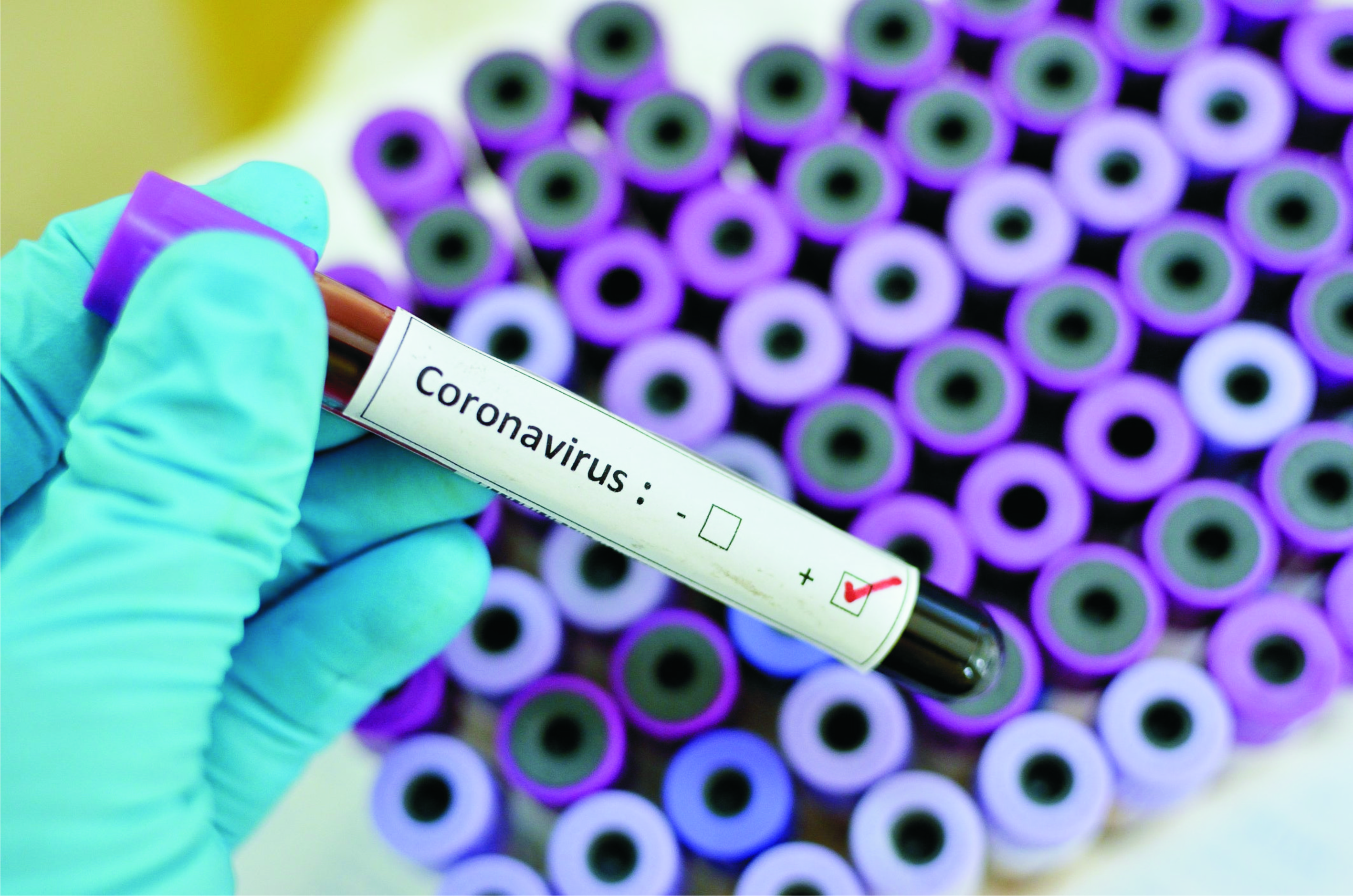Editorial
Containing Coronavirus Spread

With confirmed global cases of about 90,225, a recovery figure of 45,705 and a rising death toll of 3,080, the world faces an appalling public health crisis in a recent outbreak of a virus infection called Coronavirus also referred to as COVID-19.
Having emerged from China, where most of the fatality figures have been documented, the disease has dissipated across the globe with cases in places such as the United States, Italy, Iran, South Korea, Thailand, Japan, Vietnam, Australia, Singapore, Taiwan, France, Germany, Kenya and Nigeria, among others.
The infection was first diagnosed on December 31, 2019, in Wuhan, a city of 11 million people. Since then, Coronavirus has circulated swiftly, despite enormous efforts by the Chinese authorities to contain it. It was revealed that over 30 million people might have been caught up in a lockdown that affects provinces and cities in China.
From a very modest figure of 17 extinctions out of 600 confirmed cases at the initial stage, the numbers rose astronomically. Yet, it is believed that figures released by the Chinese authorities could be grossly understated because it is impossible, in such a densely populated country, to identify all the infected people.
Like a typical virus infection, Coronavirus has no cure; and the process of producing vaccines is still at its infantile stage. Curiously, the virus can be compared to the Ebola virus which hit many countries hard, including Nigeria. It is suspected that this Coronavirus is zoonotic, that is, it originated from animals to humans.
The Wuhan virus, as it is sometimes called, however, differs from Ebola essentially in the way it is transmitted. While Ebola, for instance, can only be communicated after the symptoms have epitomised, Coronavirus can be transferred during the incubation period when the patient may be unaware of being infected. This makes it extremely hazardous.
Experts say Coronavirus causes painful ailment in infected persons. Symptoms, according to the World Health Organisation (WHO), include fever, cough, shortness of breath and breathing difficulties. In drastic cases, it could lead to pneumonia, kidney failure and death.
Unfortunately, Nigeria has now recorded its first case of the disease through an Italian citizen who flew into Lagos from Milan, Italy. This virus has come at an inappropriate time when the country is combating the outbreak of Lassa fever. Its emergence is disconcerting for two reasons: First, the disease is incurable and can be contracted through close association with infected persons. Second, Nigeria’s ill-equipped and dilapidated health sector cannot procure an emergency response to victims.
Therefore, the federal authorities need to undertake urgent preventive measures. This calls for screening in our airports, seaports and land borders. Aggressive sensitisation campaigns in the media, free distribution of face masks and hand sanitizers are required. Again, federal health personnel must be on red alert by increasing surveillance and preparation to handle more possible outbreaks. Perhaps, the experience of dealing with Ebola will become handy in this case.
Also, isolated centres should be built across the country, equipped and kept in good conditions. Sadly, it was reported that the affected Italian national badly complained about the poor condition of the Lagos Isolated Centre where he was kept, thus, attempting an escape. This is unacceptable and can smear the country’s image.
The United States Centre for Disease Control and Prevention says the best protection is to wash hands often with hand sanitizers, soap and water for at least 20 seconds. The Centre has also advised that people keep a distance from sick persons, and avoid touching their own eyes, noses or mouths with unwashed hands. It is expedient for Nigerians to adhere to this advisory.
Similarly, state governments have to key into ongoing efforts to stave off the virus in their domains. It is quite encouraging that the Rivers State Government has initiated preventive measures against any outbreak of the disease. Though no case has been reported in the state, there has been an increase in surveillance and preparation to handle a possible eruption.
We specifically laud the state government for setting up an inter-ministerial committee to enlighten various stakeholder groups such as health workers, market women, airport staff, transporters, students and religious organisations. Indeed, the government is in the right direction by adopting different prevention strategies to tame the disease.
Since the state is an open sesame to the international community, we advise a strong collaboration between the state Ministry of Health and agencies of the Federal Ministry of Health like the National Centre for Disease Control (NCDC) and other stakeholders to ensure maximum surveillance, assessment and screening of all foreign passengers in all entry points into the state.
Editorial
As NDG Ends Season 2

Editorial
Beginning A New Dawn At RSNC

Editorial
Sustaining OBALGA’s Ban On Street Trading

-

 News2 days ago
News2 days agoAmend Constitution To Accommodate State Police, Tinubu Tells Senators
-

 Politics2 days ago
Politics2 days agoSenate Urges Tinubu To Sack CAC Boss
-

 News2 days ago
News2 days agoDisu Takes Over As New IGP …Declares Total War On Corruption, Impunity
-
Business2 days ago
President Tinubu Extends Raw Shea Nuts Export Ban To 2027
-
Business2 days ago
Crisis Response: EU-project Delivers New Vet. Clinic To Katsina Govt.
-
Business2 days ago
President Tinubu Approves Extension Ban On Raw Shea Nut Export
-
Sports2 days ago
NDG: Rivers Coach Appeal To NDDC In Talent Discovery
-
Business2 days ago
Fidelity Bank To Empower Women With Sustainable Entrepreneurship Skills, HAP2.0

